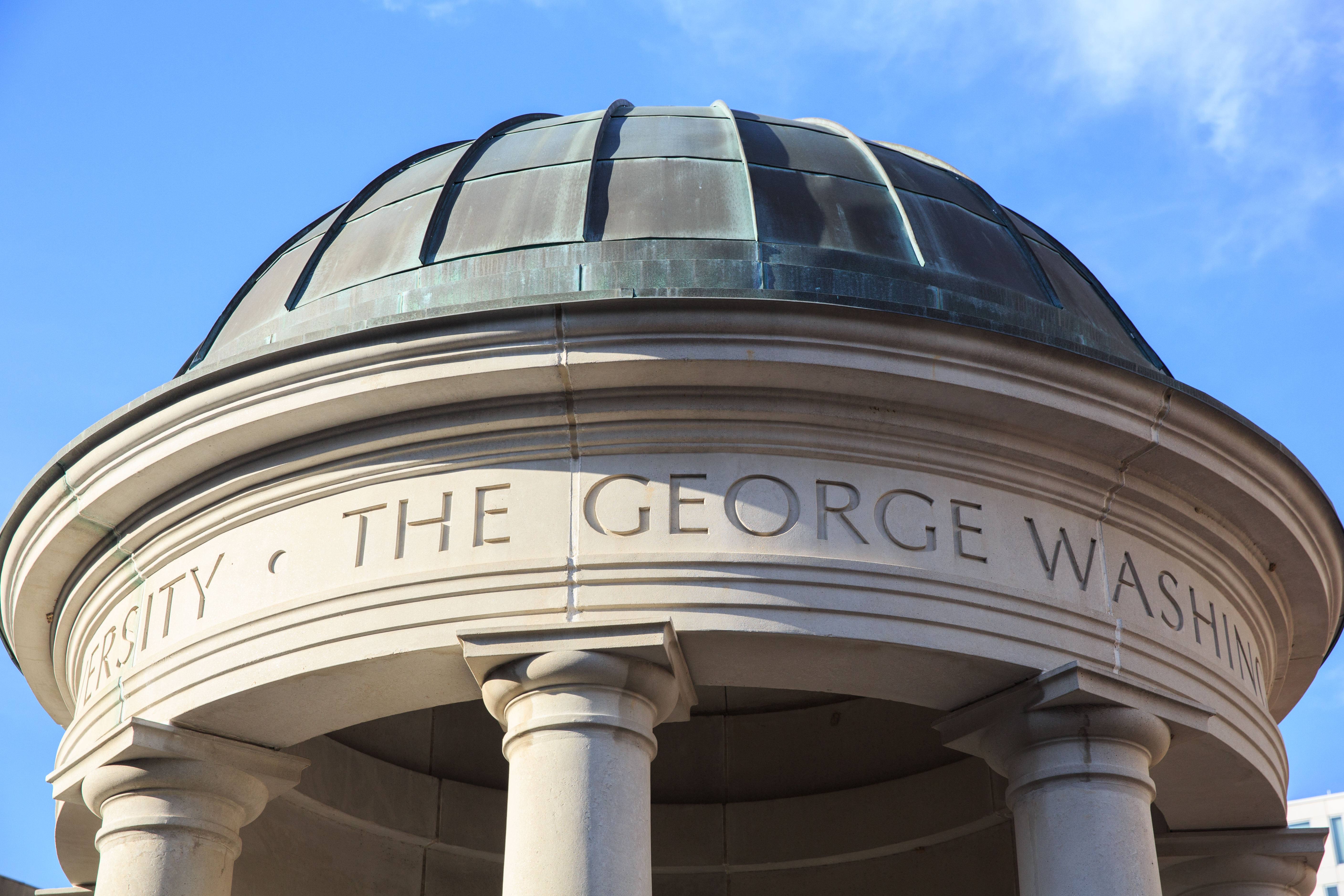The George Washington University announced that in recognition of the vital role of postdoctoral researchers to the university’s research community, postdoctoral researchers will be reclassified into a new trainee category beginning Jan. 1.
This change is a foundational step toward a longer-term goal of enhancing the postdoc experience at GW. The designation change reflects the mentorship and professional development central to the postdoc experiences, and their unique status on the path to independent investigator or a post-academic career. Most GW postdocs were previously categorized as staff.
"Growth and expansion of the research enterprise at top research universities are driven, in no small part, by the presence of a robust and talented postdoctoral cohort. Not surprisingly, postdoctoral trainees are a key population in GW's research mission, working closely with our faculty to refine their research and professional skills,” said Interim Provost Christopher Alan Bracey. “As we continue to advance GW's research enterprise and raise our research profile, it is vital that we ensure postdocs' productivity, success and wellbeing with a strong program that is attractive to potential applicants. Our enhanced postdoctoral program supports needs that are critical to the postdoc experience across the university."
As researchers who have earned their doctoral degrees, postdocs are subject matter experts who occupy a unique skill development position in the academic ecosystem. Although postdoctoral fellowships are sometimes characterized as a bridge between student and full-time professional experiences, postdocs also may be expected to take on high-level professional commitments such as publishing and securing research funding.
To enhance the postdoc experience, GW has undertaken an effort to align postdoctoral status, support and recruitment with national standards and other research-intensive universities. This initiative responds directly to feedback from the GW research community, including postdoctoral trainees and their mentors, and the recommendations of the High-Impact Research Strategic Planning Committee and the faculty-led Research Ecosystem Review.
“The position of postdoc represents both an important period of career development for the postdoc themselves, as well as an essential component of the research enterprise at a university,” said Patrick Cox, a current postdoc in the Columbian College of Arts and Sciences and president of the GW Postdoc Association. “Ideally, the new trainee classification, alongside a competitive minimum salary and benefits package, will make GW a highly attractive location for postdocs across a broad range of research disciplines.”
The reclassification will also allow for greater institutional support to both trainees and mentors. More than 90 current postdoc staff meet the criteria for the new trainee classification.
The university will establish a minimum compensation for postdocs across all disciplines in line with the scale set by the National Institutes of Health (NIH) National Research Service Awards. GW is committed to providing competitive pay and maintaining equitable pay practices.
GW will also offer a competitive benefits package that includes comprehensive medical and pharmacy coverage as well as dental, vision, and life insurance. Well-being and voluntary programs like Headspace, Employee Assistance (EAP), pet insurance and ID theft will also be offered. Time off will include annual, sick, holidays and paid parental leave.
Postdocs will be asked to participate in open enrollment this fall. The new trainee category and benefits for all postdocs will go into effect on Jan. 1, 2022. GW is committed to meeting the new minimum compensation guidelines by July 1, 2022.
Virtual information sessions will be held in the coming days to provide details on the anticipated changes and what to expect during the transition. Postdocs received more information about the sessions by email.
Representatives from the Office of the Provost, OVPR, HRMD, Total Rewards, Benefits, Compensation, and schools and units collaborated closely on establishing the new category, postdoc-specific benefits package, and compensation guidelines.


